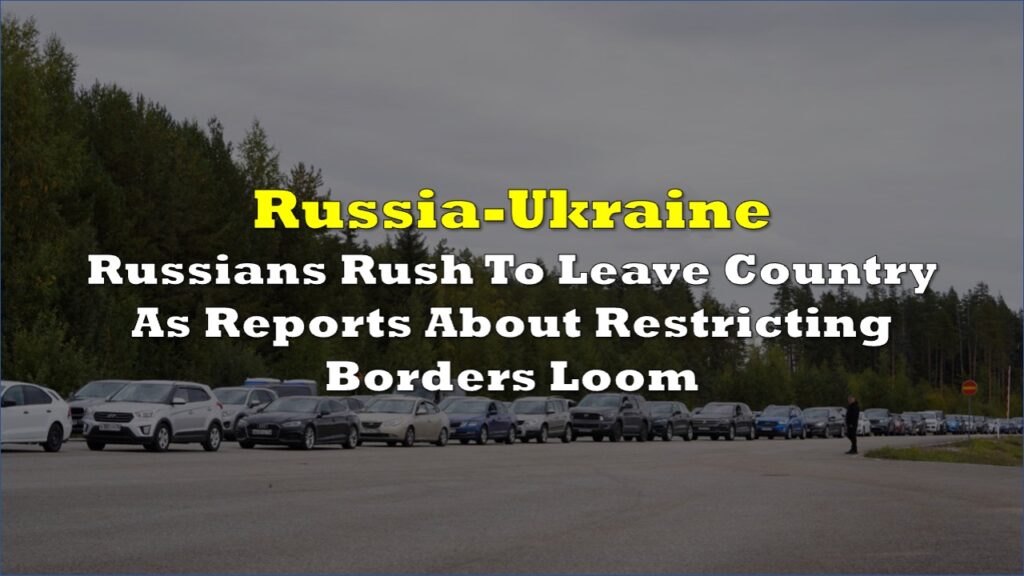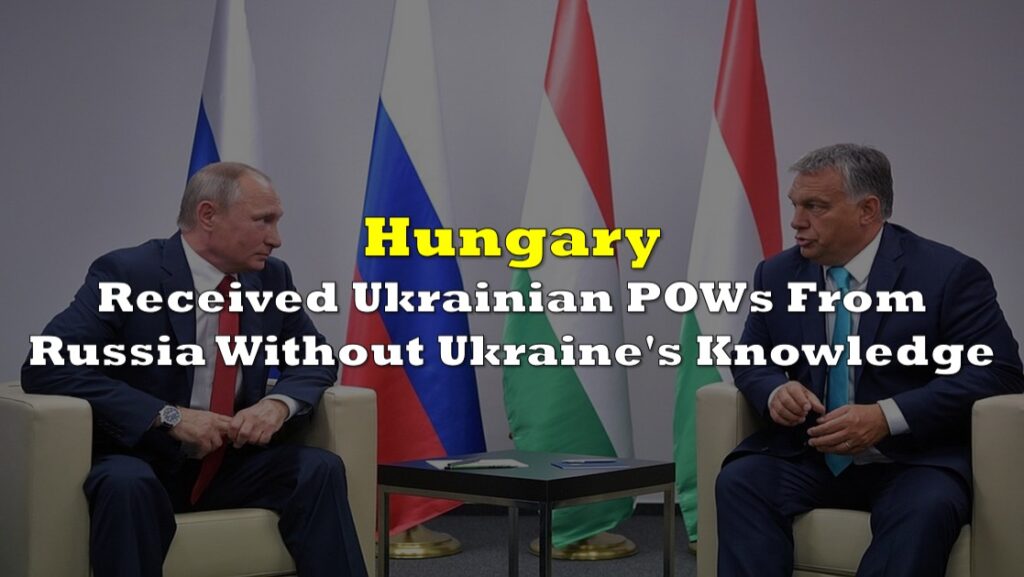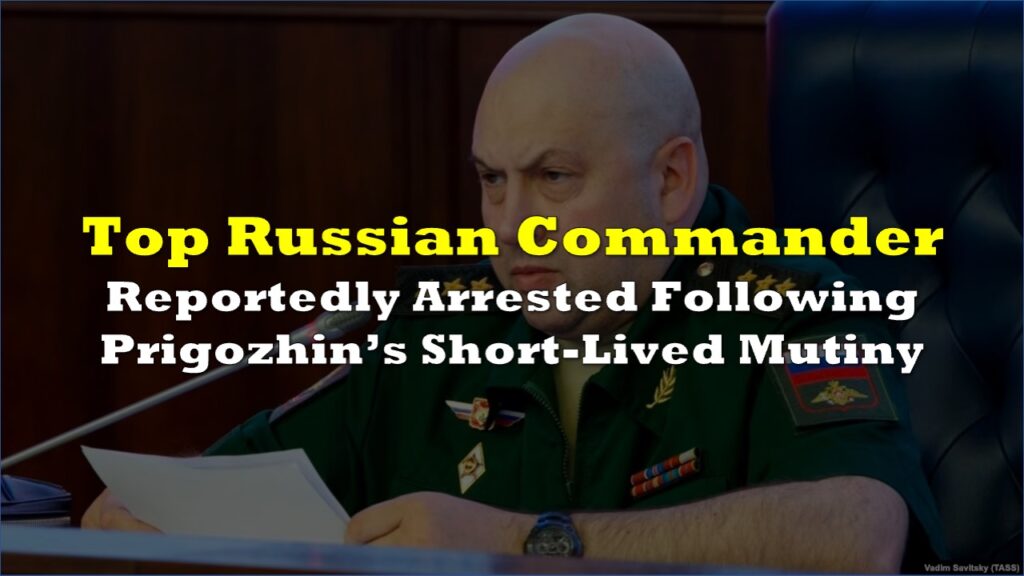In a significant step toward formally addressing the atrocities committed during Russia’s war in Ukraine, a bipartisan coalition of U.S. lawmakers has introduced a resolution declaring Russia’s actions as genocide. The resolution reflects growing recognition of systematic violence and destruction that meets the criteria established under the United Nations Genocide Convention.
The resolution, supported by members of both major political parties, outlines the deliberate targeting of civilians, forced deportations, and widespread sexual violence as evidence of genocidal intent. Its language asserts that actions directed by Russian political and military leadership constitute crimes aimed at destroying the Ukrainian nation in whole or in part.
⚡️ US lawmakers submit resolution labeling Russia's war in Ukraine genocide.
— The Kyiv Independent (@KyivIndependent) January 8, 2025
The draft resolution was submitted by a bipartisan group of legislators, Ukraine’s Ambassador to the U.S. Oksana Markarova said in a Facebook post.https://t.co/BYibLKSE8X
Oksana Markarova, Ukraine’s Ambassador to the U.S., highlighted the resolution’s importance in a public statement, emphasizing the need to hold Russian actors accountable and prevent future atrocities. She described the resolution as a critical acknowledgment of the “systematic actions” being carried out by Russian forces, which have led to immense suffering for the Ukrainian people.
The document references attacks on residential areas, hospitals, and schools, as well as documented incidents of mass deportation. Reports have identified over 19,000 Ukrainian children forcibly removed from their homes and transported to Russian territory or occupied regions. Markarova called this an intentional erasure of Ukrainian identity, noting that such acts represent clear violations of international law.
Data from Ukraine’s Prosecutor General’s Office underscores the scale of the violence. Over 170,000 cases of crimes linked to Russian aggression have been opened, with nearly 152,000 classified as war crimes. Civilian casualties have been catastrophic, with 13,729 confirmed deaths and 26,706 injuries, including hundreds of children.
The International Criminal Court has already issued arrest warrants for Russian President Vladimir Putin and Maria Lvova-Belova, the official overseeing the forced deportation of Ukrainian children. These charges, among others, support Ukraine’s call for international tribunals to prosecute those responsible.
The resolution calls on the United States to not only condemn Russia’s actions but also actively support mechanisms for justice and accountability. It urges collaboration with NATO and the European Union to provide comprehensive aid to Ukraine and to strengthen sanctions against the Russian Federation. Advocates for the resolution argue that such measures are essential to addressing ongoing crimes and deterring similar acts in the future.
Rep. Steve Cohen, a co-sponsor of the resolution, stressed the moral imperative of taking action. In a statement, he noted that recognizing the atrocities as genocide sends a clear signal that the U.S. stands unequivocally for justice and human rights. His sentiments were echoed by other lawmakers, including Brian Fitzpatrick and Marcy Kaptur, who called the resolution a necessary step in standing against impunity.
The introduction of this resolution reflects broader international efforts to confront Russia’s aggression. Ukrainian President Volodymyr Zelenskyy welcomed the move, describing it as a vital step in securing accountability for those responsible for the destruction and suffering inflicted upon Ukraine. He urged other nations to follow suit, emphasizing the need for a unified global response.
Meanwhile, the Kremlin has dismissed the resolution as baseless, accusing the U.S. of engaging in political provocation. Russian officials have denied accusations of war crimes and genocide, framing their actions in Ukraine as a defensive measure.
International law experts have emphasized the significance of such a resolution in strengthening Ukraine’s case before international tribunals and in pursuing reparations. Clara Hayes, an international law professor at Georgetown University, explained that labeling the conflict as genocide reinforces the global community’s obligation to intervene and ensure justice. She noted that this designation carries profound implications for both legal accountability and historical record.
The resolution also amplifies calls for intensified military and humanitarian support for Ukraine. Proponents argue that only robust assistance and sanctions can halt the escalation of violence and restore stability in the region.
This legislative effort comes at a time when Ukraine is grappling with widespread destruction. Entire communities have been decimated, with over 158,000 residential buildings, 3,700 schools, and nearly 1,000 medical facilities damaged or destroyed. As investigators continue to uncover the extent of the atrocities, these numbers are expected to rise.
Information for this story was found via The Kyiv Independent and the sources and companies mentioned. The author has no securities or affiliations related to the organizations discussed. Not a recommendation to buy or sell. Always do additional research and consult a professional before purchasing a security. The author holds no licenses.









